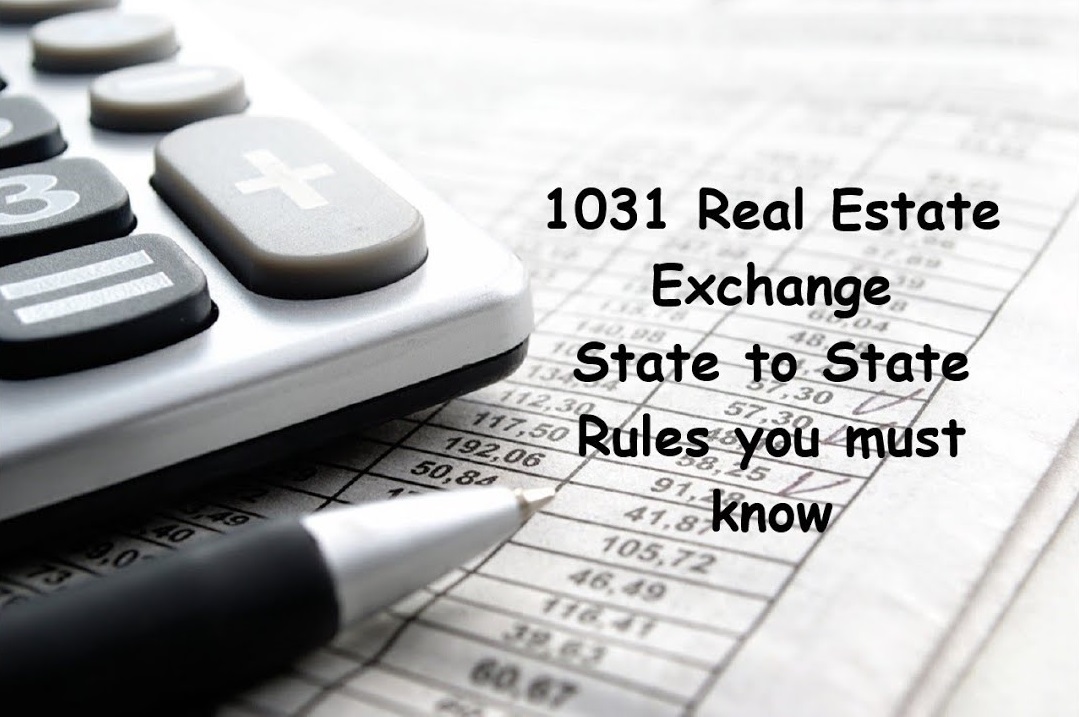We always want our readers to stay aware and informed when it comes to their investment opportunities, especially when said opportunities exist on a state-by-state level.
One set of rules that we find particularly confusing and worth explaining are 1031 real estate exchange rules, which we’ll be explaining in depth in this piece.
What is a 1031 Exchange?
A 1031 exchange refers to an investor selling a property, and re-investing the money made from the sale into another property, thus allowing them to defer the capital gains tax they would’ve had to pay otherwise.
When making use of this, investors need to make use of a qualified intermediary that holds the funds generated from the initial sale and then transfers them to the initial investor once the secondary property is acquired.
1031 exchanges are very much worth knowing about and utilizing, especially if you’re an investor that frequently buys and sells property using real estate funds. Deferring a capital gains tax can be quite beneficial for obvious reasons – however, there are some rules that you need to know if you’re going to be making use of this exchange.
“Claw-Back” Provisions
A claw-back provision exists in four states in the U.S. (Oregon, Massachusetts, California, and Montana), and refers to the taxation of a sold property in both the state that it is bought and the state where an initial sale of a property used a 1031 exchange.
In other words, if an investor buys a property in California and later sells the property, and then uses the generated sales to purchase property in Idaho, when the investor sells the Idaho property, both Idaho and California will tax the sales.
Luckily, claw-back provisions only exist in the four states previously mentioned, but they still necessitate your attention nonetheless.
1031 Exchanges in Pennsylvania
If you’re an investor who lives in Pennsylvania who wants to make use of a 1031 exchange, then you should be aware of the state’s unique tax code which treats 1031 exchanges a little differently.
According to the tax code in PA, investors can only defer capital gains taxes in a 1031 exchange if the action is completed using a permitted method of accounting.
In other words, be sure to consult with your tax professional before engaging in a 1031 exchange in Pennsylvania, as depending on your type of accounting, you may be ineligible to defer your capital gains taxes.

Hopefully, this piece was able to provide you with a little more information on 1031 exchanges and how they operate. Real estate law can be a confusing field to understand, but our goal it to make it as a simple as possible for you. If you have more questions about 1031 exchanges and what they can do for you and your investments, let us know!
Have Questions? Ask George!
George A Tallabas III
Associate Broker
RE/MAX Executives
208-880-2333/mobile
www.SearchIdahohomes.com